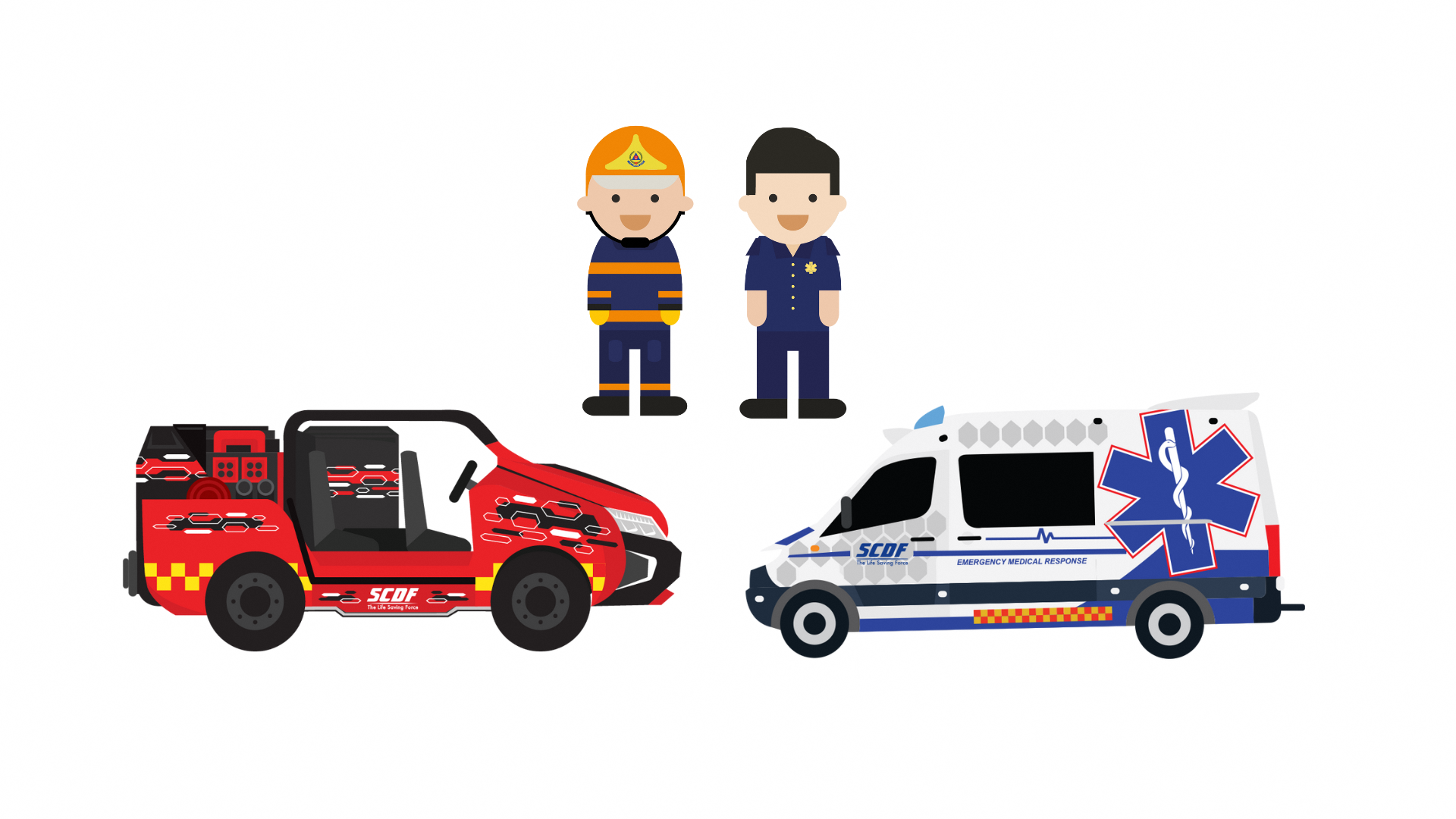Behavioural Coping
When we feel overwhelmed by stress (i.e., distress - ‘negative’ stress which creates unpleasant effects such as fear and anxiety), each of us may engage in different behaviours to cope with or manage the distress we are experiencing. We may share our problems with a loved one or a close friend, or go for a run to make ourselves feel better.
However, not all methods used to cope with stress are good for our well-being. For example, stress eating, stress shopping, or binge drinking may be ‘quick fixes’ to manage stress, but these methods of coping are not effective long-term solutions and can even impact us negatively if done excessively.
While we do recognise that such behaviours are unhealthy ways to cope with stress, what are some reasons we may still engage in these behaviours?
.png)
Engage in Healthy Coping Behaviours
The first step to start engaging in healthy coping behaviours is to be aware of any unhealthy behaviours you may be engaging in. What are some coping behaviours that may be unhealthy for your physical and mental well-being?
Now that you have identified these behaviours, what are some healthy coping behaviours you can engage in instead? Check out the pages on physical fitness and psychological preparation for some ways to build up your physical fitness and take care of yourself.
If you are thinking whether it will be worth the effort to start engaging in healthy coping behaviours, check out this tool that can help you look at the pros and cons of the choices you can make!
Being a Resilient Responder
With the nature of your work as an emergency responder, it is normal to experience various stress reactions (see operational stress for some signs and symptoms). It is also alright if you feel overwhelmed by your experiences at work and ‘fall down’, as long as you find your way to stand back up - this is the definition of resilience, which is bouncing back after difficult experiences.
Continue building your personal resources to support you in being a resilient responder by being psychologically prepared, physically, mentally, emotionally, and socially fit, and knowing how to deal with how negative stress may influence your thoughts, feelings, and behaviours!

[You have come to the last page of the section on Managing Operational Stress. Check out the other section on Being a Resilient Responder!]
References
- HealthHub. (n.d.). Understanding Stress. Health Promotion Board. Retrieved March 1, 2023, from https://www.healthhub.sg/live-healthy/425/understanding_stress
- Park, C. L., & Iacocca, M. O. (2014). A stress and coping perspective on health behaviors: Theoretical and methodological considerations. Anxiety, Stress & Coping, 27(2), 123-137, DOI: 10.1080/10615806.2013.860969
- Simon, L., Jiryis, T., & Admon, R. (2021). Now or Later? Stress-Induced Increase and Decrease in Choice Impulsivity Are Both Associated with Elevated Affective and Endocrine Responses. Brain sciences, 11(9), 1148. https://doi.org/10.3390/brainsci11091148**

